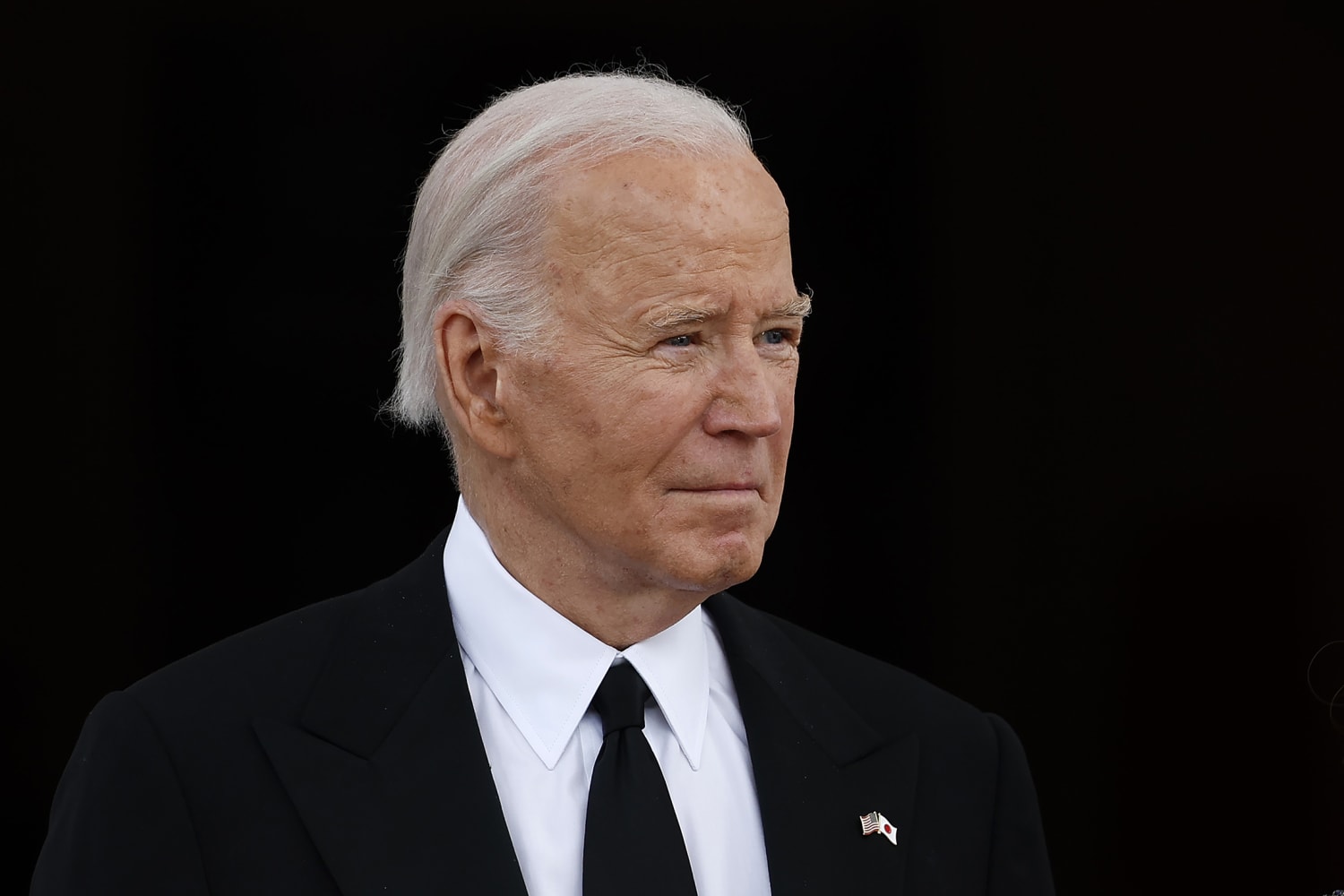Elections are a fundamental pillar of democratic societies, providing citizens with the opportunity to choose their leaders and shape the policies that govern their lives. Through elections, voters express their preferences and hold elected officials accountable for their actions.
The Role of Elections in Democracy:
- Representation: Elections ensure that the government is representative of the people and that their voices are heard.
- Accountability: Elected officials are accountable to the voters and can be removed from office if they fail to meet the public’s expectations.
- Participation: Elections encourage civic participation and engagement in the political process.
- Peaceful Transition of Power: Elections provide a peaceful and orderly way for power to be transferred from one government to another.
Types of Elections:
- National Elections: These elections are held to choose the country’s leader and members of the national legislature.
- Local Elections: These elections are held to choose local officials, such as mayors, council members, and school board members.
- Referendums: These elections allow citizens to vote directly on specific issues or proposed laws.
Challenges and Issues in Elections:
- Voter Turnout: Low voter turnout can undermine the legitimacy of elections and limit the representativeness of elected officials.
- Gerrymandering: The manipulation of electoral district boundaries to favor a particular political party can distort election results.
- Campaign Finance: The role of money in elections can raise concerns about fairness and access to political office.
- Voter Suppression: Efforts to discourage or prevent certain groups of people from voting can undermine the democratic process.
The Future of Elections:
As technology continues to evolve, there is a growing interest in exploring new methods of voting, such as online voting and blockchain-based systems. These innovations could potentially increase voter participation and improve the security and transparency of elections.
In conclusion, elections are a vital component of democratic societies, providing citizens with the opportunity to participate in the political process and shape their future. While challenges and issues may arise, it is essential to work towards ensuring that elections are free, fair, and representative of the people.


